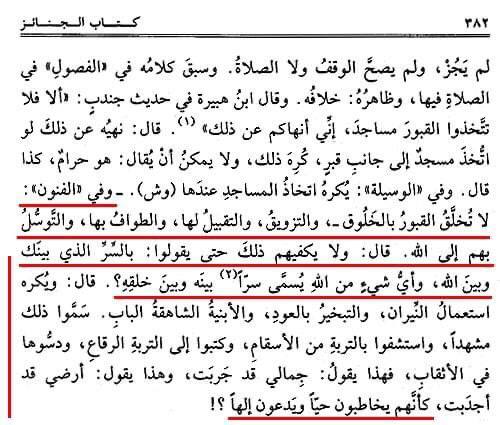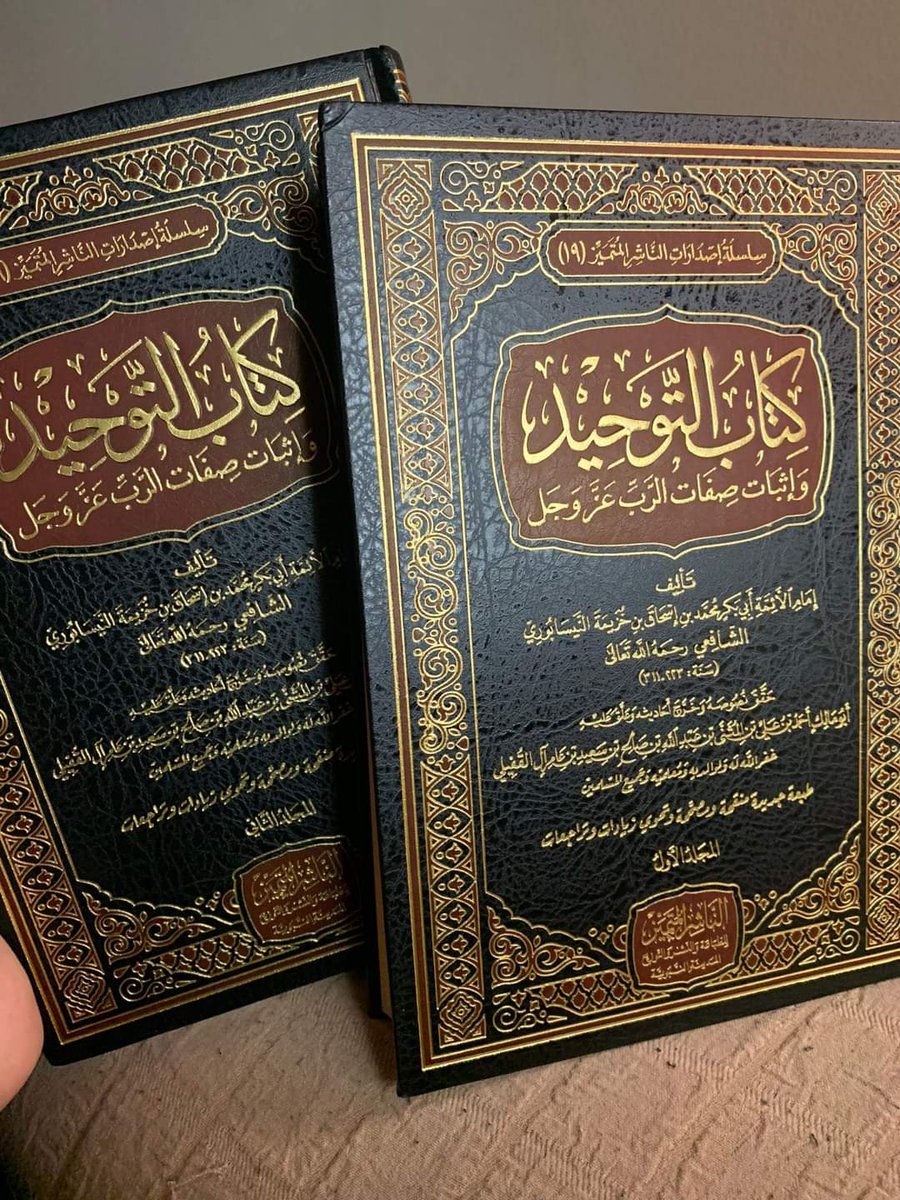I Want To Study The "RAJIH" (The Strongest Opinion)
We often see students asking their teachers to explain a fiqh text, which was written according to one of the four madhhabs, by giving them the "rajih" opinion for every issue. They claim that this way they are "not doing
We often see students asking their teachers to explain a fiqh text, which was written according to one of the four madhhabs, by giving them the "rajih" opinion for every issue. They claim that this way they are "not doing
taqlid" and are "following the dalil." The teacher goes through the text saying " Imam Abu Hanifah took the opinion X, and the rajih in this issue is actually Y" for every issue that "goes against the rajih." The student finishes the text (which usually doesn't even happen!)
having written down the opinions which his teacher told him were the rajih based upon the dalil, all the while thinking that he has followed the evidences and avoided taqlid.
However, what really happened here is that the student left the taqlid of Abu Hanifah, Malik, Shafi’i ,
However, what really happened here is that the student left the taqlid of Abu Hanifah, Malik, Shafi’i ,
or Ahmad and now is simply just making taqlid of his teacher. This is because he is following the tarjihat of his teacher as opposed to the tarjihat of one of the schools. There is no fifth madhhab called the "rajih," rather tarjih is subjective. So if you are studying a text
such as Al-Muntaha, you are indeed studying the rajih but according to the Hanabilah. The same is said for any relied upon text in the other schools. If someone says I’m going to study al-Durar al-Bahiyyah by Imam Ash Shawkani because his book is based on the evidences, then all
he is doing is making taqlid of ash Shawkani. The same goes for every other book, even studying the Qur'an and Sunnah. This is because you either will look into the textual evidences directly and derive rulings, which means you are a mujtahid, or you will have a teacher explain
explain those evidences to you. Since you are a student you are obviously not a mujtahid. This only leaves the second scenario where you will be making taqlid of your teacher.
• • •
Missing some Tweet in this thread? You can try to
force a refresh

 Read on Twitter
Read on Twitter






